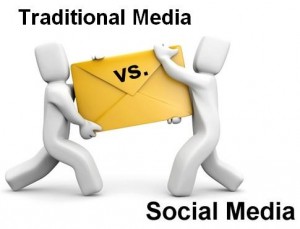The past 20 years have been extraordinarily tumultuous with all the options that have opened up for managing not only business but our everyday lives.
Fortunately for those concerned only with living day to day, many of the technologies that worked the best quickly demolished their competition, with short times of confusion. Unfortunately, this is not as true for the technologies that relate to how businesses can be handled.
Decisions that a small business owner makes relating to technology his or her company uses can either cause the business to be ahead of the curve or fall behind. Many technologies now diminish or even negate the amount of face to face interactions in the business world. The possibility of almost entirely removing face to face interactions from your business isn’t the most pressing question. But a harder question has arisen: in what areas of my business should I implement technology instead of face-to-face interaction?
One of the technologies that has complicated this issue is Voice Over Internet Protocol. The technology allows phone calls over the Internet. This has opened up many different possibilities for small business phone service, and some of the providers have functionality that allow even video calls now.

This allows for non face to face interaction with added values that used to be reserved for in-person interaction, such as the ability to read another’s body language during a conversation.
Some businesses, especially attracted by the cost effectiveness of some of these providers, might be tempted to largely remove face to face interactions from their everyday business in favor of these video chats. This starts a slippery slope, as it can lessen the ability for employees to recognize when they’re working with someone else who likes to make deals over dinner or drinks.
Decision Tipping Point
Face to face interactions have inherent value that simply can’t be found in such a technological interaction, such as the ability to help set a person at ease. The personable achievement of a businessman getting a customer to relate to him on a personal level and not just as a salesman would become more rare.
The quality level of service would diminish, and a business might forget just how important quality service truly is. This is not to advocate the abandonment of VoIP as a possibility of small business phone service, but to simply advocate caution in how much you let that technology change your business.
The importance of face to face interactions for business cannot be stressed enough. The choice of a small business phone service or putting customer service entirely online might not seem like it’s that influential of a decision in how your business handles face to face interactions. But, it is. Customers like to feel like a person, not a number.























